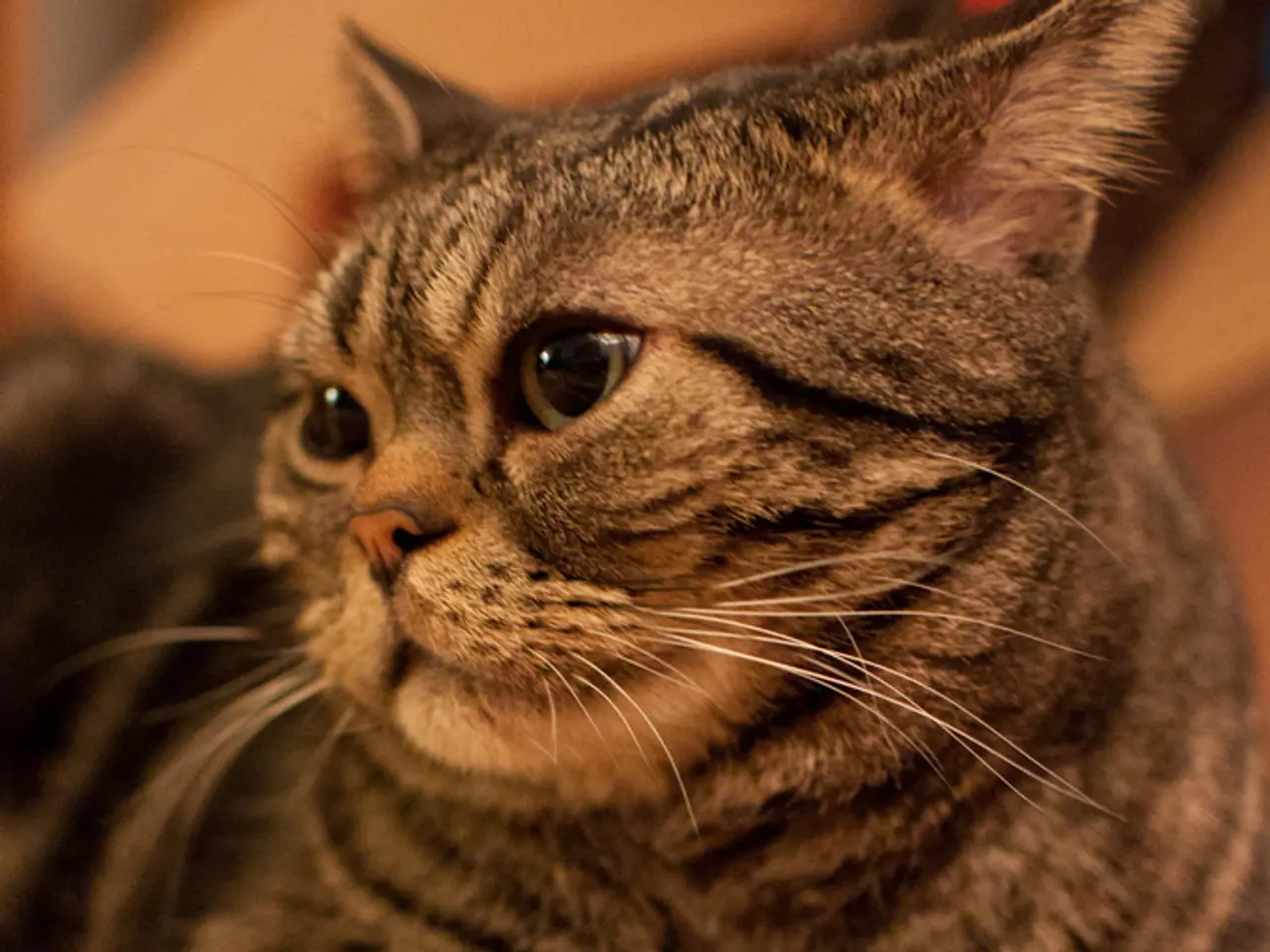Cat Sneezing: Could It Be Allergies? Explanation explores causes.
Cats, known for their grace and independence, can sometimes exhibit unusual behaviour, such as persistent sneezing. While occasional sneezing is normal, frequent or severe sneezing warrants attention to ensure your feline friend's health.
Foreign material lodged in a cat's nose, such as grass or dust, can trigger sneezing. However, persistent sneezing in cats can be a sign of more serious issues.
Upper respiratory infections, primarily caused by viruses like feline herpesvirus (FHV-1) and feline calicivirus, are the most common causes of persistent sneezing. These infections produce symptoms similar to a human cold and are highly contagious in multi-cat environments. Allergies to environmental factors like dust, pollen, mold, or harsh cleaning products can also cause intermittent or chronic sneezing and may be seasonal.
Dental disease in cats can cause sneezing, especially if accompanied by bad breath or trouble eating. Keeping a cat indoors, ensuring regular vaccinations, and maintaining a clean environment can support a cat's health, reducing the risk of these infections.
More serious causes include nosebleeds due to trauma, cancer, blood clotting disorders, poisoning, or autoimmune diseases. If a cat sneezes blood, immediate veterinary evaluation is critical. Signs warranting prompt vet attention include persistent sneezing lasting more than a few days, sneezing accompanied by blood, discharge (especially colored or foul-smelling), swelling around the nose or face, difficulty breathing, lethargy, loss of appetite, or inability to eat or drink.
In summary, occasional sneezing is normal, but persistent or severe sneezing with other concerning symptoms requires veterinary assessment to diagnose the cause and initiate appropriate treatment. If your cat's sneezing persists, becomes more frequent, or is accompanied by other signs like nasal discharge, loss of appetite, or lethargy, veterinary care is necessary. The vet may recommend diagnostic tests and treatments like antiviral medications, anti-fungal medications, or antibiotics.
This article was created using AI technology, fact-checked, and edited by a website editor to ensure accuracy and readability.
- To minimize the risk of upper respiratory infections in multi-cat environments, maintaining a clean environment and keeping a cat indoors is advisable.
- Technology in the form of advancements in health-and-wellness and lifestyle can aid in early detection of potential issues, enabling timely veterinary intervention for cats experiencing persistent sneezing.
- Allergies to environmental factors such as dust, pollen, or harsh cleaning products can result in intermittent or chronic sneezing in cats. In such cases, it's essential to consider lifestyle changes to ensure a pet-friendly and healthy living environment.




